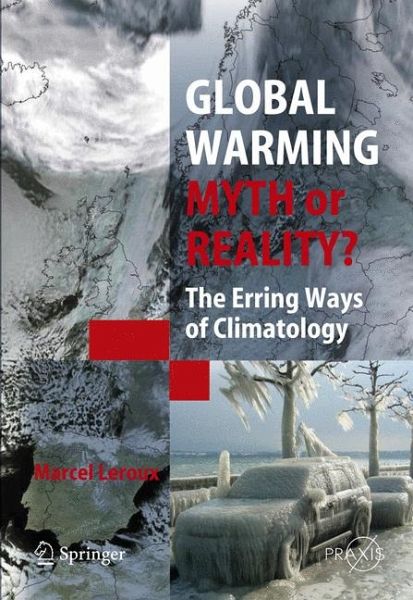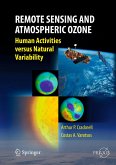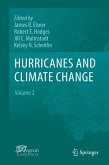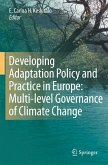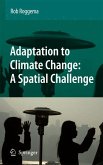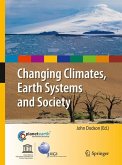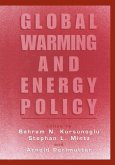The book begins with a review of the dire predictions for climate trends, followed by a discussion of the main conclusions of the three reports issued by the Intergovernmentall Panel on Climate Change (IPCC). It then reviews the predictions made at the time about global temperatures, rainfall, weather and climate, whilst highlighting the mounting confusion and sensationalism of reports in the media.
Lreoux takes a hard and dispassionate look at the reality of the greenhouse effect, the "evidence" from climate models, and the limitations of those models. He then postulates alternative causes of climate change and analyses the trends for global temperatures, rainfall patterns, dynmaics of weather and sea level. He argues that the case for global warming is based on climatology which, with its insufficiencies in the understanding and explanation of weather phenomena do not support this prediction. Leroux highlights a number of priorities that climatologists could consider in order to understand the processes of climate change, integrate them into deterministic climate models, and predict accurately changes of climate of the near future. The most urgent priority for climatology, the author believes , is to leave the IPCC in order that the discipline remains neutral and returns to the pursuit of its proper ends.
Dieser Download kann aus rechtlichen Gründen nur mit Rechnungsadresse in A, B, BG, CY, CZ, D, DK, EW, E, FIN, F, GR, HR, H, IRL, I, LT, L, LR, M, NL, PL, P, R, S, SLO, SK ausgeliefert werden.

